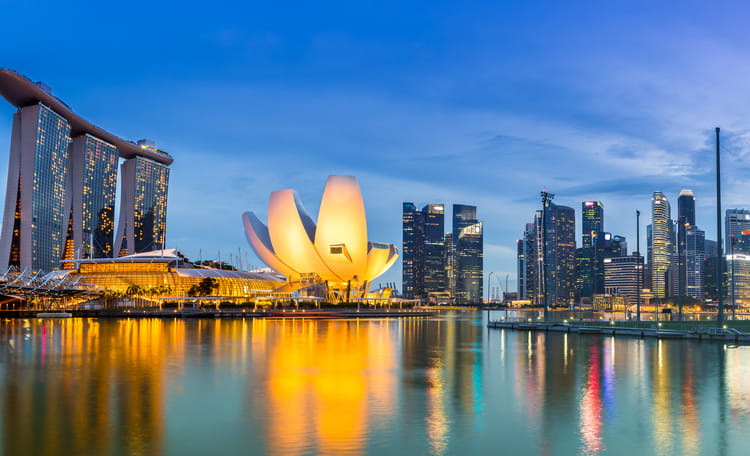NAVIGATING UNCERTAINTIES
In 2025, Singapore’s economy is projected to grow steadily by 1.0%-3.0% yoy, moderating from 4.4% yoy growth in 2024. Singapore's safe-haven status is expected to continue attracting investors in 2025, despite economic uncertainties, due to its stable government, strong economy, and favorable business environment. Amidst ongoing uncertainty, an expected lower interest rate environment remains a tailwind for investment sales.
BUILDING INVESTMENT MOMENTUM
Total investment volumes fell 15.7% qoq to $6.5 billion (b) in Q1 2025, led by the residential sector ($3.7b) followed by commercial ($1.6b) and mixed/others ($0.8b) sectors.
The bulk (or nearly 75%) of residential investment sales volume was from the public market, comprising a total of five GLS sites sold. Developers have remained largely cautious and selective in their land bidding activities. However, areas with pent-up housing demand or attractive site attributes have attracted strong developer interest. For example, the Bayshore Road GLS site garnered eight bids and was sold at a new benchmark land price in the Outside Central Region. Commercial sales volume was driven by Frasers Centrepoint Trust’s acquisition of the South Wing of Northpoint City for $1.2b, which was also the largest deal transacted in Q1 2025.
Hospitality investment sales volume fell by 42% qoq, driven by the divestment of Oakwood Studios for $152.8m. However, volumes are expected to pick up in the coming quarters. It was reported in early April that 21 Carpenter and Duxton Reserve Singapore, Autograph Collection have been sold for around $100m and $80m respectively. Islandwide hotel revenue per available room (RevPAR) has risen to $225.66 in 2024, higher than the pre-pandemic level of $191.96 in 2019.
Industrial investment sales fell sharply by 91% qoq due to the absence of large deals. Nonetheless, investors remain keen in industrial assets, especially new economy assets such as data centres, prime logistics and life science assets.
Investor interest in alternative asset classes, such as worker dormitories, is gaining traction, due to their favourable supply-demand dynamics. For example, Avery Lodge, a worker dormitory firm with four purpose-built worker dormitory compounds, was divested for $750m to Bain Capital.




